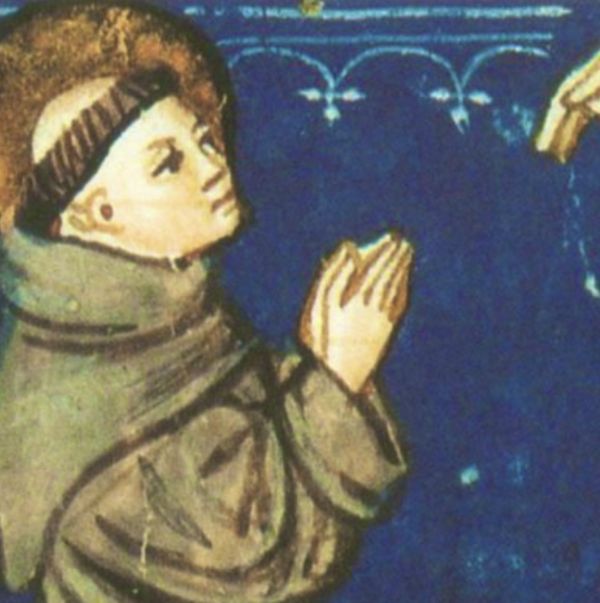Jesus emphasises the importance of being faithful in small things, as a precursor to being faithful in important things.
For Francis of Assisi, faithfulness to his promises and to the Gospel of Christ was the meaning and reason for his life. He knew well that what men exalt is often not praised by the Most High.
After his conversion, the Poor Man of Assisi understood that Christ, out of loyalty to the Father's Plan, had given his life and that he too was called to do so together with his brothers.
In the Sources, a treasure trove of unique experiences, we find significant passages:
"He often repeated to the friars:
'No one should flatter themselves with unjust pride for those actions that even a sinner could perform. The sinner,' he explained, 'can fast, pray, weep, and mortify his body.
But there is one thing he cannot do: remain faithful to his Lord. This is precisely what we must glory in, if we give God the glory that is his due, if as faithful servants we attribute to him all the good he gives us.
Man's worst enemy is his flesh: it is completely incapable of reflecting on the past in order to repent, it knows nothing of how to protect itself. Its only concern is to take advantage of the present moment without scruples.
And what is worse, he added, it usurps and attributes to its own glory what has not been given to it, but to the soul. The flesh reaps praise from virtues, and applause from vigils and prayers, from the people. It leaves nothing to the soul and even seeks profit from tears" (FF 718).
And in her letters, Clare of Assisi, writing to her spiritual daughter, Ermentrude of Bruges:
"Faithfully return to God what you have promised with a vow, and He will give you your reward.
Lift up your eyes to heaven, O dearest, for it is an invitation to us, and take up the cross and follow Christ who goes before us" (FF 2195).
"Bring to completion the good you have begun and fulfil the mystery you have embraced in holy poverty and sincere humility" (FF 2916).
«Whoever [is] faithful in a very little thing is faithful also in much; and [whoever] is unrighteous in a very little thing is unrighteous also in much» (Lk 16:10)
Saturday 31st wk. in Ordinary Time (Lk 16:9-15)












